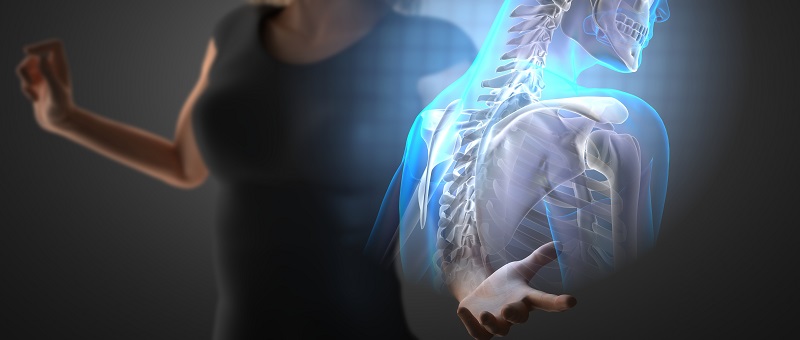Spinal Anterolisthesis: Causes, Symptoms & Risks
Category: Spine | Author: Stefano Sinicropi

Spinal anterolisthesis is a spinal condition that occurs when an upper vertebra slips in front of the one below it. This misalignment condition tends to be more common in the lower back, and it can lead to significant discomfort if this shifted vertebrae ends up compressing or irritating nearby spinal nerves. In today’s blog, we take a closer look at why anterolisthesis develops, who is at risk for the condition and how Dr. Sinicropi can help you effectively treat it.
Causes, Symptoms And Risk Factors For Anterolisthesis
Anterolisthesis tends to develop after a significant trauma to the spine, making it more common after a car accident, significant fall or heavy collision during athletic activity. In some instances, genetic factors and family history play a role in the condition’s onset, but it is more common to develop in the wake of trauma to the spine.
Because trauma tends to be the underlying causes of anterolisthesis, certain risk factors that can increase your chances of fracture and shifted spinal vertebrae include:
- Aging
- Vitamin D Deficiency/Bone Loss/Osteoporosis
- Arthritis
- The presence of a spinal tumor
- Participation in very physically-demanding sports, like weightlifting or bodybuilding
Symptoms of anterolisthesis will depend on the extent of the slippage and where it is located in your spine. In many instances, patients report localized pain that worsens with time or activity, discomfort that moves throughout your arms and legs, decreased spinal flexibility, posture problems, weakness, general fatigue and inhibited gait.
For more information about anterolisthesis or finding the right treatment for your back injury, pick up the phone and connect with Dr. Sinicropi and the team at The Midwest Spine & Brain Institute today at (651) 430-3800.